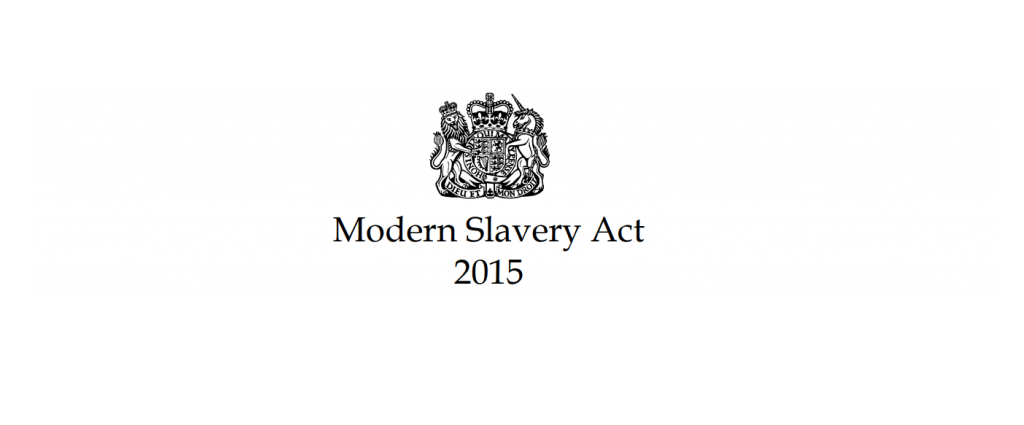
This pieces shines a spotlight on the regulatory requirements of the Modern Slavery Act and the role of internal audit. Amidst the strategic and operational pressures of the coronavirus pandemic, the management of risks with the potential to cause harm to others cannot be overlooked.
Is this relevant to my organisation?
In December 2020, UK Research and Innovation (a non-departmental public body sponsored by the Department for Business, Energy and Industrial Strategy) launched a project to examine the impact of the COVID-19 pandemic on the operation of the informal unregulated economy in the UK and the presence of modern slavery within it. Informal businesses, part of the overall supply chain, which are estimated to sustain 2.5 million workers equal to 9% of formal private sector workers, secure competitive advantage by labour exploitation, particularly migrant workers who tolerate insecure, irregular hours, wage underpayment and no holiday pay.
There are statutory obligations for an organisation operating in the UK, public or private, with a global turnover over £36m. This also applies to charities with a trading arm. Regardless of turnover, there is also a moral obligation to be aware of the legislation. There are no exclusions for public sector bodies or charities.
Please also bear in mind that even if your own organisation is not directly obligated under the Act, as a supplier of goods and/or services your customers will require compliance as part of their due diligence.
"We must focus our attention not only on the countries where slavery is perpetrated, but the global networks and systems that enable these crimes to be committed" was the message by the then President of the United Nations General Assembly, María Fernanda Espinosa, at the launch of the Measurement, Action, Freedom report in 2019.
Background
All member states of the United Nations abolished…